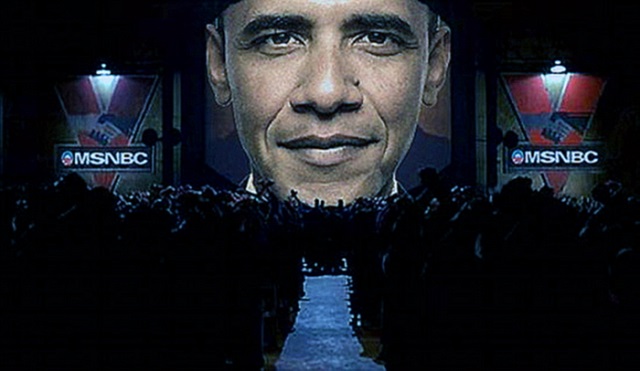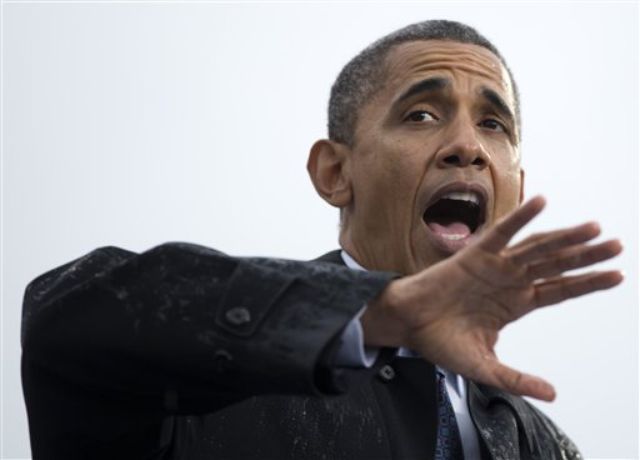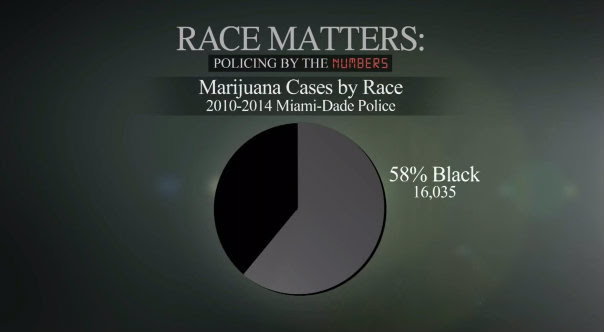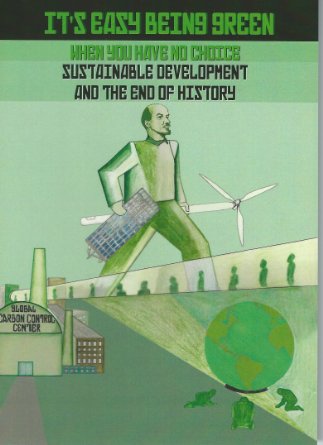Should We Fear the Era of Driverless Cars or Embrace the Coming Age of Autopilot? by Will Tippens
Driving kills more than 30,000 Americans every year. Wrecks cause billions of dollars in damages. The average commuter spends nearly 40 hours a year stuck in traffic and almost five years just driving in general.
But there is light at the end of the traffic-jammed tunnel: the driverless car. Thanks to millions of dollars in driverless technology investment by tech giants like Google and Tesla, the era of road rage, drunk driving, and wasted hours behind the wheel could be left in a cloud of dust within the next two decades.
Despite the immense potential of self-driving vehicles, commentators are already dourly warning that such automation will produce undesirable effects. As political blogger Scott Santens warns,
Driverless vehicles are coming, and they are coming fast…. As close as 2025 — that is in a mere 10 years — our advancing state of technology will begin disrupting our economy in ways we can’t even yet imagine. Human labor is increasingly unnecessary and even economically unviable compared to machine labor.
The problem, Santens says, is that there are “over 10 million American workers and their families whose incomes depend entirely or at least partially on the incomes of truck drivers.” These professional drivers will face unemployment within the next two decades due to self-driving vehicles.
Does this argument sound familiar?
These same objections have sprung up at every major stage of technological innovation since the Industrial Revolution, from the textile-working Luddites destroying looming machines in the 1810s to taxi drivers in 2015 smashing Uber cars.
Many assume that any initial job loss accompanying new technology harms the economy and further impoverishes the most vulnerable, whether fast food workers or truck drivers. It’s true that losing a job can be an individual hardship, but are these same pundits ready to denounce the creation of the light bulb as an economic scourge because it put the candle makers out of business?
Just as blacksmithing dwindled with the decline of the horse-drawn buggy, economic demand for certain jobs waxes and wanes. Jobs arise and continue to exist for the sole reason of satisfying consumer demands, and the consumer’s demands are continuously evolving. Once gas heating devices became available, most people decided that indoor fires were dirtier, costlier, and less effective at heating and cooking, so they switched. While the change temporarily disadvantaged those in the chimney-sweeping business, the added value of the gas stove vastly improved the quality of life for everyone, chimney sweeps included.
There were no auto mechanics before the automobile and no web designers before the Internet. It is impossible to predict all the new employment opportunities a technology will create beforehand. Countless jobs exist today that were unthinkable in 1995 — and 20 years from now, people will be employed in ways we cannot yet begin to imagine, with the driverless car as a key catalyst.
The historical perspective doesn’t assuage the naysayers. If some jobs can go extinct, couldn’t all jobs go extinct?
Yes, every job we now know could someday disappear — but so what? Specific jobs may come and go, but that doesn’t mean we will ever see a day when labor is no longer demanded.
Economist David Ricardo demonstrated in 1817 that each person has a comparative advantage due to different opportunity costs. Each person is useful, and no matter how unskilled he or she may be, there will always be something that each person has a special advantage in producing. When this diversity of ability and interest is coupled with the infinite creativity of freely acting individuals, new opportunities will always arise, no matter how far technology advances.
Neither jobs nor labor are ends in themselves — they are mere means to the goal of wealth production. This does not mean that every person is concerned only with getting rich, but as Henry Hazlitt wrote in Economics in One Lesson, real wealth consists in what is produced and consumed: the food we eat, the clothes we wear, the houses we live in. It is railways and roads and motor cars; ships and planes and factories; schools and churches and theaters; pianos, paintings and hooks.
In other words, wealth is the ability to fulfill subjective human desires, whether that means having fresh fruit at your local grocery or being able to easily get from point A to point B. Labor is simply a means to these ends. Technology, in turn, allows labor to become far more efficient, resulting in more wealth diffused throughout society.
Everyone knows that using a bulldozer to dig a ditch in an hour is preferable to having a whole team of workers spend all day digging it by hand. The “surplus” workers are now available to do something else in which they can produce more highly valued goods and services. Over time, in an increasingly specialized economy, productivity rises and individuals are able to better serve one another through mutually beneficial exchanges in the market. This ongoing process of capital accumulation is the key to all meaningful prosperity and the reason all of humanity has seen an unprecedented rise in wealth, living standards, leisure, and health in the past two centuries.
Technology is always uncertain going forward. Aldous Huxley warned in 1927 that jukeboxes would put live artists out of business. Time magazine predicted the computer would wreak economic chaos in the 1960s.
Today, on the cusp of one of the biggest innovations since the Internet, there is, predictably, similar opposition. But those who wring their hands at the prospect of the driverless car fail to see that its greatest potential lies not in reducing pollution and road deaths, nor in lowering fuel costs and insurance rates, but rather in its ability to liberate billions of hours of human potential that truckers, taxi drivers, and commuters now devote to focusing on the road.
No one can know exactly what the future will look like, but we know where we have been, and we know the principles of human flourishing that have guided us here.
If society is a car, trade is the engine — and technology is the gas. It drives itself. Enjoy the ride.
Will Tippens is a recent law school graduate living in Memphis.
RELATED ARTICLES:
The Roads of the Future Are Made of Plastic
Apple co-founder: Robots to own people as their pets – English Pravda.RU




 “Crying Wolf: Exposing the Wolf Reintroduction to Yellowstone National Park” is an eye-opening exposé of the illegal introduction of non-native Gray Wolves to Yellowstone and beyond during the Clinton administration.
“Crying Wolf: Exposing the Wolf Reintroduction to Yellowstone National Park” is an eye-opening exposé of the illegal introduction of non-native Gray Wolves to Yellowstone and beyond during the Clinton administration.















 James O’Keefe, founder of Project Veritas, reports:
James O’Keefe, founder of Project Veritas, reports:







 This feature film is narrated by Brian Sussman, San Francisco radio host (KSFO) and best-selling author of
This feature film is narrated by Brian Sussman, San Francisco radio host (KSFO) and best-selling author of